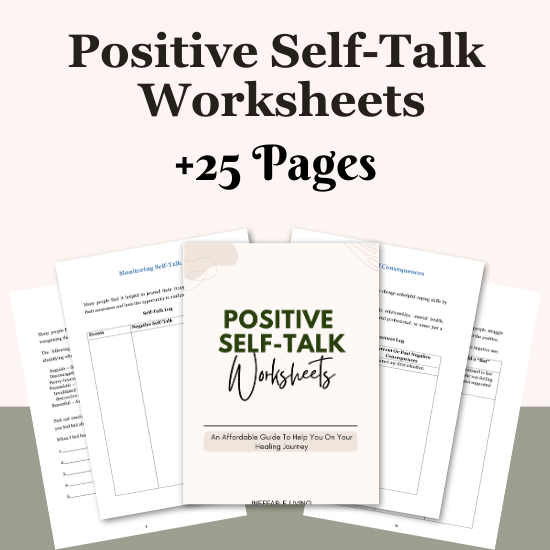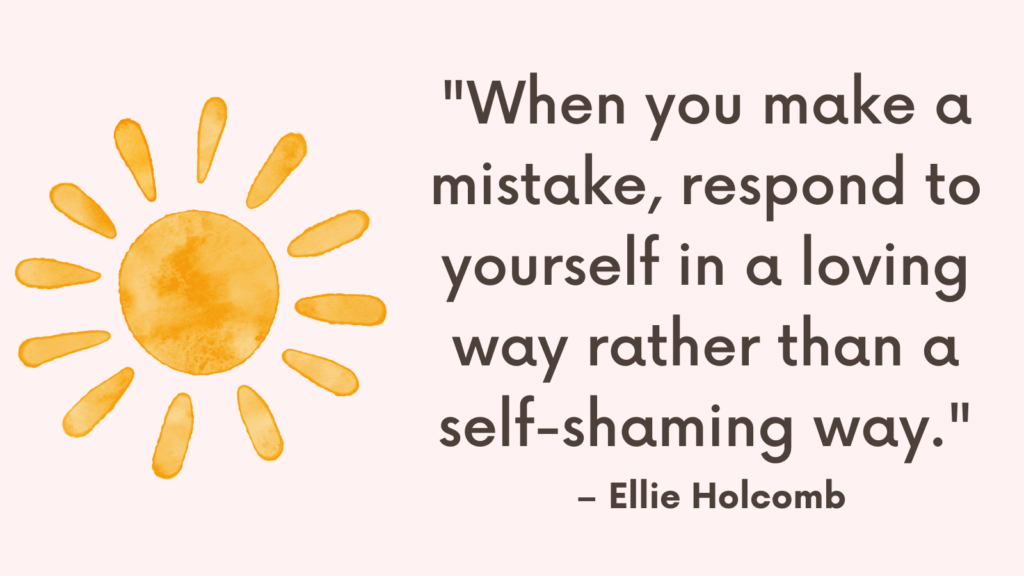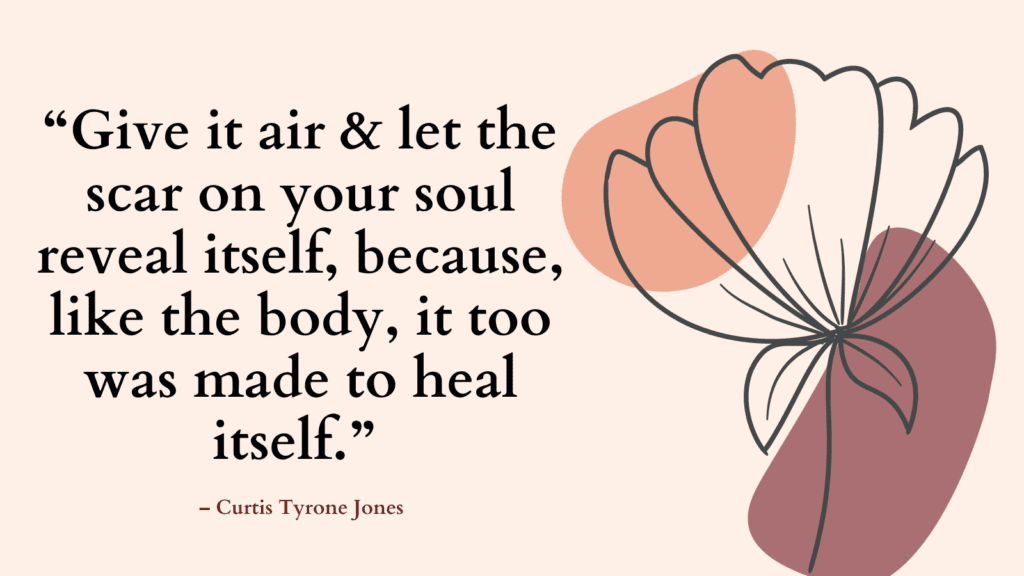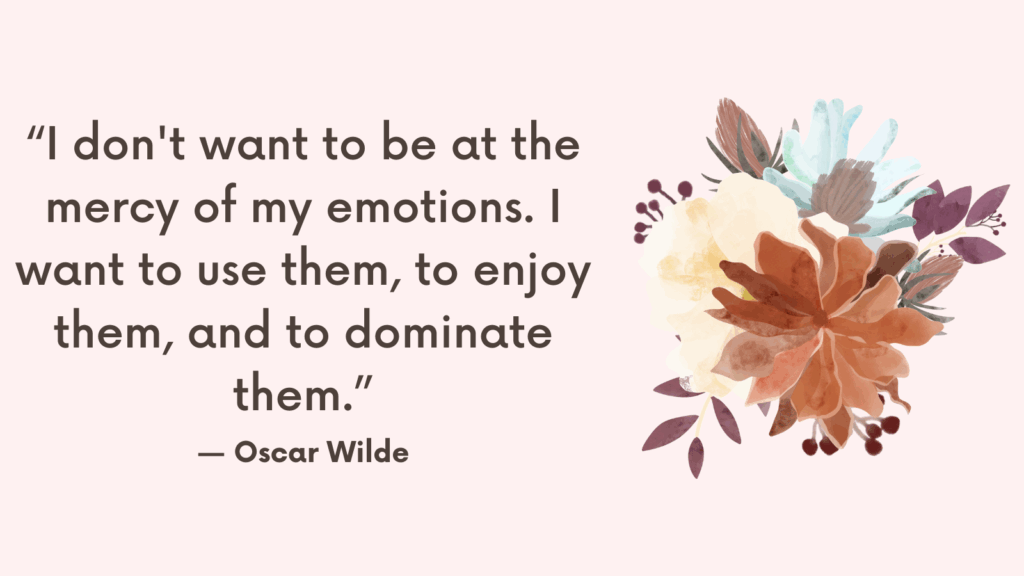In this post, you’re going to learn how to stop should-ing on yourself.
“Should-ing” on yourself—constantly telling yourself what you should or shouldn’t be doing, feeling, or thinking—is a common mental habit that can significantly affect your mental health and overall happiness.
It’s a pattern that can lead to increased stress, anxiety, and depression, reinforcing feelings of inadequacy and guilt.
The Problem with “Should”
“Should” statements often reflect impossible standards and unachievable expectations we set for ourselves.
These statements usually come from deeply ingrained societal norms or personal upbringing and can create a significant disconnect between our real selves and our ideal selves.
This disconnect leads to feelings of shame and a persistent sense that we are never “good enough.”
Understanding “Should”
The concept of “should-ing” on oneself was highlighted by psychiatrist Karen Horney, who referred to it as the “tyranny of the should.”
This cognitive distortion imposes a rigid and often unrealistic framework on our behavior and emotional responses, setting us up for inevitable failure and disappointment.
Here are common examples of should statements:
– I should be able to handle everything.
– I should always be happy and grateful.
– I should never feel tired or take breaks.
– I should not make any mistakes.
Related: Future Tripping: Top 9 Ways to Avoid Future-Tripping
The Impact of “Should”
Living under the constant weight of “should” is like walking through life with a heavy chain wrapped around you.
It’s exhausting and demoralizing, fostering resentment against oneself and others and leading to emotional burnout.
This way of thinking skews our perception of reality, enhancing feelings of guilt and leading us down a path of negative self-judgment.
How To Stop Should-Ing On Yourself?
1. Awareness and Identification
The first step in changing any behavior is recognizing it. Start by listening to your inner dialogue.
Notice how often you criticize yourself with “should” statements.
Consider keeping a journal or a “should” swear jar to increase awareness of how frequently you use this language.
2. Challenge and Replace
Once you’re aware of your “should” statements, challenge their validity and helpfulness.
Replace them with more forgiving and realistic statements.
For example, change “I should always be happy” to “It’s okay to feel a range of emotions.”
This reframing helps to reduce the emotional weight of expectations.
Related: How to Stop “What If” Anxiety Thinking?
3. Practice Acceptance
Acceptance involves acknowledging your feelings and situations without judgment.
Accept that it’s okay not to meet every expectation.
Understand that feelings, whether positive or negative, are transient and part of the human experience.
4. Cultivate Compassion
Treat yourself with the same kindness and understanding you would offer a friend.
Self-compassion fosters resilience and makes it easier to cope with life’s challenges without falling into the trap of self-criticism.
5. Set Realistic Goals
Instead of vague “should” statements, set specific, achievable goals.
This approach focuses your energy on actionable steps rather than beating yourself up for not meeting nebulous standards.
Related: Negative Core Beliefs List (& 8 Tips On How To Challenge Them)

Conclusion
Freeing yourself from “should” is not about lowering your standards or giving up on goals.
It’s about setting realistic expectations and treating yourself with kindness and respect.
By eliminating “should” from your vocabulary, you open yourself up to a more flexible, fulfilling life where mistakes are seen as opportunities to learn and grow rather than failures.



